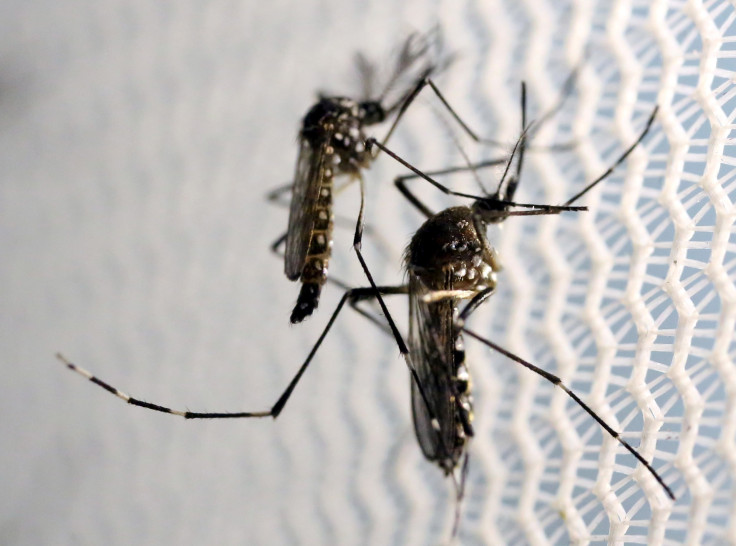Zika In America: Health Agency Reports US Babies With Birth Defects Related To Zika

Three babies have been born in the United States with birth defects linked to likely Zika virus infections in the mothers during pregnancy, along with three cases of lost pregnancies linked to Zika, federal health officials said on Thursday.
The six cases reported as of June 9 were included in a U.S. Zika pregnancy registry set up by the Centers for Disease Control and Prevention. The agency said it will begin regular reporting of poor outcomes of pregnancies with laboratory evidence of possible Zika virus infection in the 50 states and the District of Columbia.
The CDC established the registry to monitor pregnancies for a broad range of poor outcomes linked to Zika.
The U.S. cases so far involve women who contracted the virus outside the United States in areas with active Zika outbreaks, or were infected through unprotected sex with an infected partner. There have not yet been any cases of local transmission of the mosquito-borne virus in the United States. Health experts expect local transmission to occur as mosquito season gets underway, especially in Gulf Coast states, such as Florida and Texas.

Two cases of babies born with microcephaly in the United States had previously been reported in Hawaii and New Jersey. The rare birth defect is marked by unusually small head size and potentially severe developmental problems.
The CDC declined to provide details of the three cases it reported on Thursday.
Poor birth outcomes reported include those that are known to be caused by Zika such as microcephaly and other severe fetal defects, including calcium deposits in the brain indicating possible brain damage, excess fluid in the brain cavities and surrounding the brain, absent or poorly formed brain structures and abnormal eye development.
The lost pregnancies include miscarriage, stillbirths and terminations with evidence of the birth defects.
The plan to issue updated regular reports is intended to ensure that the most up-to-date information about pregnancy outcomes linked with the Zika virus is publicly available, the CDC said.
The agency said the information is essential for planning for clinical, public health and other services needed to support pregnant women and families affected by Zika.
© Copyright Thomson Reuters 2024. All rights reserved.











